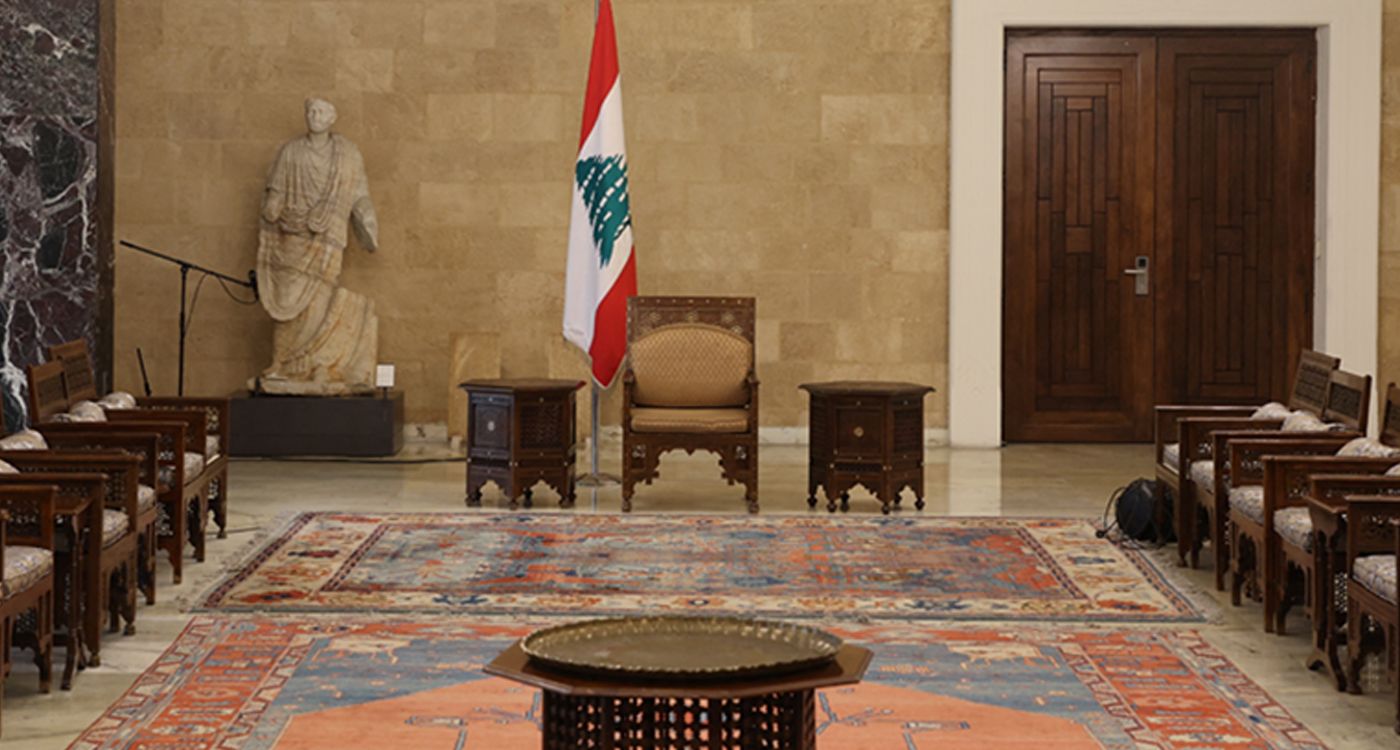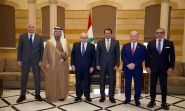
We have previously highlighted the significant influence of regional and international developments on the trajectory of Lebanon’s presidency. Every Lebanese president, throughout their constitutional and presidential term, has faced a regional crisis that disrupted their mandate, turning them from leaders of governance into managers of crises.
This situation is widely recognized. Fortunately, for the first time in Lebanon's history, the current state of vacancy may actually be advantageous. Had a president been elected within the constitutional deadlines in 2022, the new leader would have had to navigate the fallout from the October 7 crisis, the repercussions of the Al-Aqsa flood, and subsequent crisis facing Lebanon, including conflicts in the south and Dahyeh.
Today, attention centers on the critical period between the ceasefire and the presidential election, where both options are being evaluated. Some argue that resolving the conflict should take precedence over electing a president, while others assert that having a president is vital for effectively negotiating a ceasefire.
Choosing between these two options is not easy. A ceasefire is crucial to prevent further victims, which is indisputable from a humanitarian perspective. However, from a political standpoint, electing a president amidst ongoing conflict is far from ideal, as the circumstances are not conducive to making such a choice.
On the other hand, the push for a president arises from the need for a leader capable of negotiating with global powers to end the war, particularly since Lebanon currently lacks a head of State.
So, which option is more beneficial for the image of the Lebanese State?
Certainly, electing a president would be the ideal option. However, given the current circumstances and the reality in Lebanon, where presidents are often mired in regional crises, electing a president today could leave this very individual ensnared by the ongoing conflict. Additionally, the post-war landscape may not be favorable, considering the shifting balance of power.
The gradual shift among Hezbollah's allied forces, including the Marada Movement, is evident in MP Tony Franjieh's positive remarks about Army Commander Joseph Aoun, indicating his willingness to support Aoun for the presidency if Sleiman Franjieh opts to withdraw.
This shift is also reflected in the calm demeanor of the Speaker of Parliament, who appears to be waiting for clarity on the evolving regional landscape. It’s evident that Hezbollah's opponents are unlikely to bestow a consensus president at this time. Furthermore, Hezbollah's diminished political and regional influence may pave the way for a leader more aligned with Western interests.
In this context, electing a president will not be feasible until a ceasefire is achieved—not only in Lebanon but also in Gaza. The next president will likely emerge as a result of this ceasefire and the broader settlement that spans from Iran to Sinai. Ultimately, the future president of Lebanon will represent this significant regional accord.



Comments